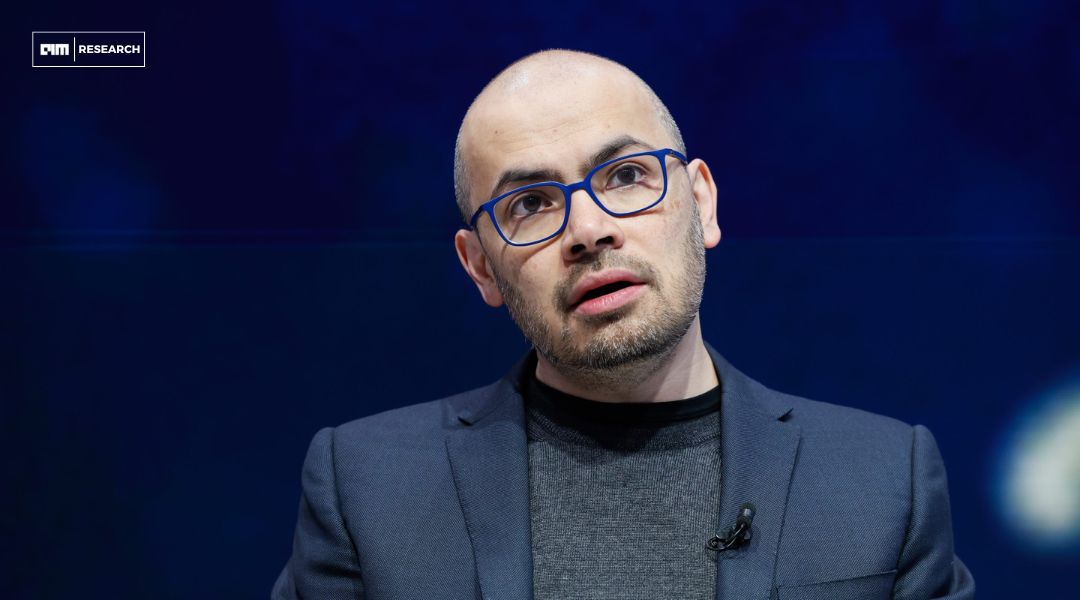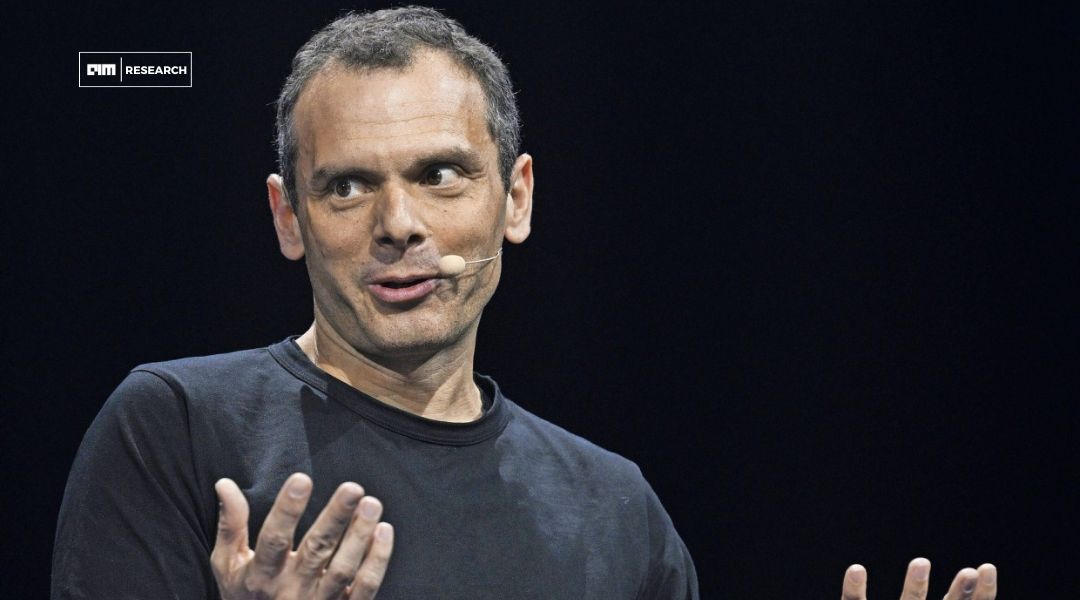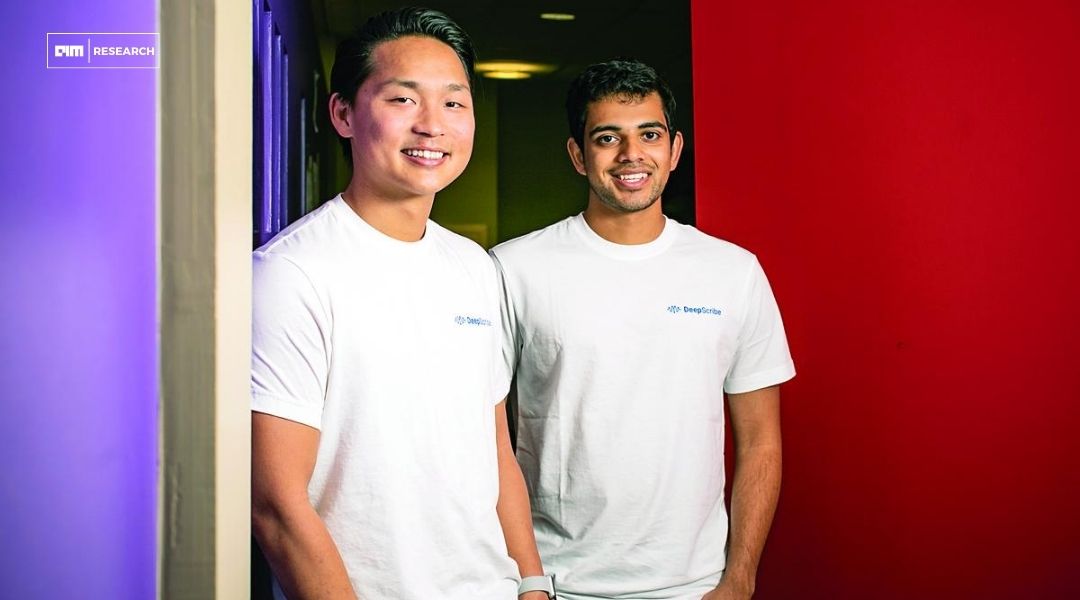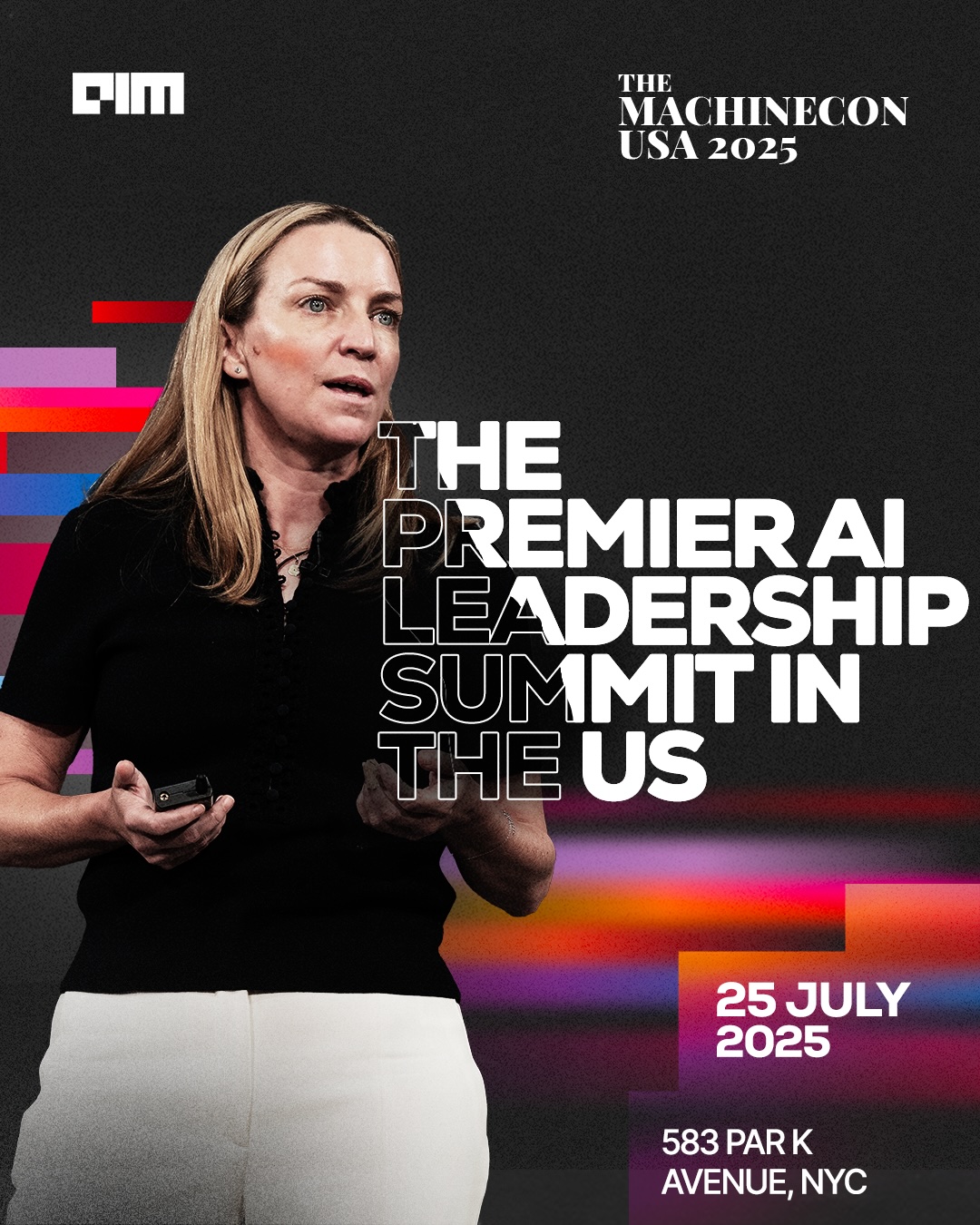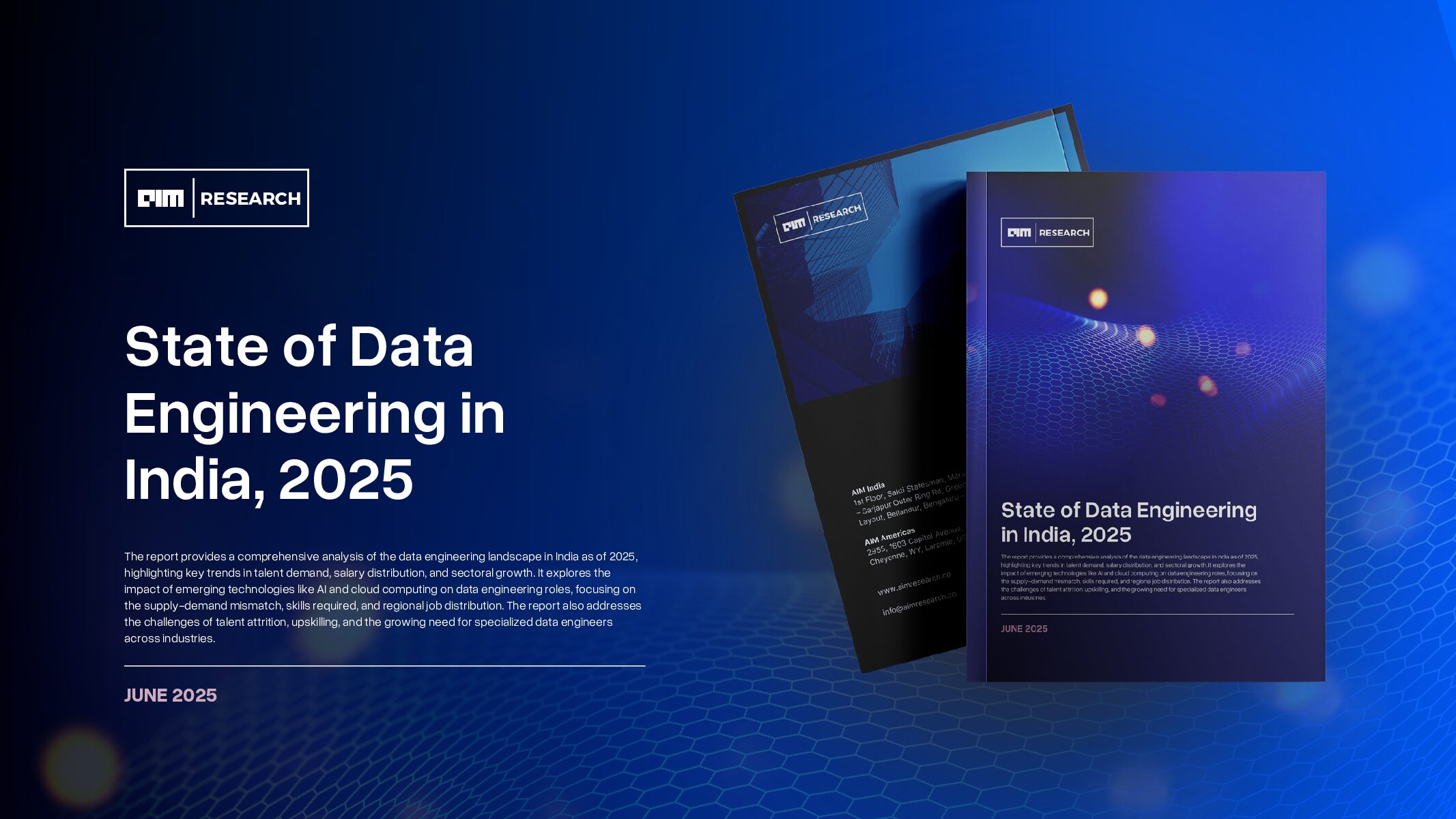Datadog’s latest acquisition signals a decisive move into one of the fastest-growing segments of the enterprise stack: data observability. The cloud monitoring and security company announced Wednesday that it has acquired Boston-based startup Metaplane, which builds AI-powered tools to detect data quality issues in real time. Financial terms of the deal were not disclosed.
The acquisition builds on Datadog’s recent expansion into monitoring data pipelines and warehouses, and marks the company’s second purchase this year after acquiring Quickwit, an open-source log search engine, in January. Metaplane will continue to operate under a new banner, Metaplane by Datadog and support existing and new customers as the two companies work toward a fully integrated observability platform.
“Observability is no longer just for developers and IT teams; it’s now an essential part of data teams’ day-to-day responsibilities as they manage increasingly complex and business-critical workflows,” said Michael Whetten, VP of Product at Datadog. “This complexity will become even more pronounced as more businesses deploy AI applications. By unifying observability across applications and data, Datadog will help organizations build reliable AI systems.”
Founded in 2020 by MIT graduate Kevin Hu, former HubSpot engineer Peter Casinelli, and ex-Appcues developer Guru Mahendran, Metaplane began as a churn prediction tool for customer success teams. But following its stint at Y Combinator and the onset of the pandemic, the company pivoted into data observability.
Metaplane’s core product monitors data systems using anomaly detection models trained on historical metadata. It maps column-level lineage within data warehouses and alerts stakeholders to breaks via Slack, PagerDuty, and other tools. Users can provide feedback on alerts, allowing the system to improve over time. The company had raised $22.2 million from backers including Khosla Ventures, Flybridge, Felicis, and Y Combinator, with angel support from tech leaders like Guillermo Rauch and Dharmesh Shah.
“Our mission at Metaplane is to help companies ensure trust in the data that powers their business,” Hu said. “Joining forces with Datadog enables us to bring data observability to tens of thousands more companies, while bringing data teams and software teams closer together.”
Analysts see Datadog’s move as a response to a growing need to break down the long-standing silos between software and data teams. “This might be the first large acquisition like this, merging the tools that the data teams use and the tools that the IT teams use … which otherwise have been in different worlds,” said Gregg Siegfried, an analyst at Gartner. “As the interest in AI has grown, those worlds being separate is not necessarily going to be permanent.”
Forrester analyst Chris Condo agrees: “In the era of AI, data hygiene has become very important. Large language models are now critical components of modern application architectures, so this feels like a natural extension into that area of software development.”
With large-scale AI applications now relying on high-quality, well-monitored data pipelines, data observability has taken on a new strategic importance. Datadog is now explicitly positioning itself at the intersection of application performance monitoring and data quality, aiming to offer full-stack observability, from infrastructure to application to data in a single platform.
Datadog’s recent launches of Data Jobs Monitoring and Data Streams Monitoring reflect this ambition. Metaplane’s capabilities are expected to strengthen those efforts, especially in capturing lineage and surfacing early indicators of data breakages that could undermine AI model performance or business intelligence dashboards.
“Poor data quality costs organizations millions annually, with impacts ranging from catastrophic business decisions to broken data and AI products for customers,” Metaplane noted in a statement. “Yet observability tools for data teams have remained disconnected from those used by software teams, creating blind spots exactly where they hurt most.”
The broader data observability market reached $2.14 billion in 2023 and is projected to grow at 12.2% CAGR through 2030, according to Grand View Research. But competition is stiff. Incumbents like Monte Carlo, Cribl, Manta, Observe, and Better Stack all offer overlapping solutions. Rival Dynatrace has added data observability features with little fanfare, but Datadog’s acquisition sets a new bar.
“This isn’t just about adding Metaplane to Datadog,” Hu said. “It’s about redefining what data observability means — to detect, resolve, and prevent any data issue, anywhere in your stack, to ensure trust in data across your entire company.”
For now, Metaplane’s standalone product will remain intact. Customers like Ramp, Sotheby’s, and Bose will continue to receive full support. But the roadmap is clear: the two teams will work toward a unified platform that gives engineering and data teams a shared, end-to-end view of system health, from production through pipelines to end-user dashboards.
Whetten framed the acquisition as a natural next step for Datadog, especially as enterprise data volumes explode: “Even just moving to the cloud and adopting something like a container orchestration tool produces a lot more telemetry data. What people are putting into data warehouses is expanding rapidly — from user engagement to logs. And AI obviously is taking things to another level of scale.”
